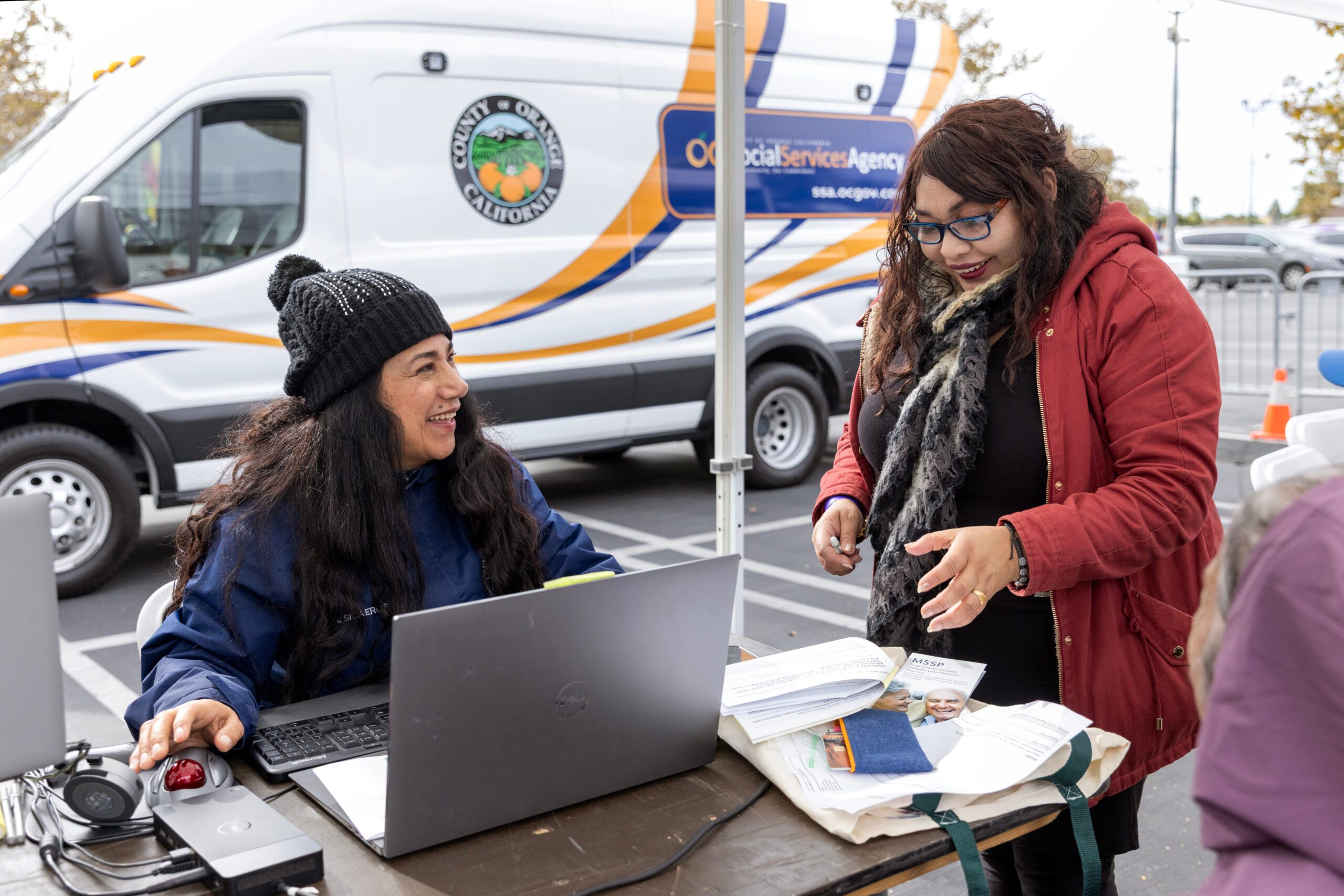CANNABIS CULTURE – Gina Hogan and Alisha Northern, two nurses with decades of medical experience, launched TX Canna RN (TXCRN) together.
“We’re holistic. We’re treating the whole person. Your psycho-social, your emotional, and what’s happening physically all kind of work together,” Gina says.
Their company – started as a booth at a local farmer’s market – is a grassroots medical cannabis business that helps Dallas Fort-Worth (DFW) clients navigate the changing policies and latest innovations in plant medicine. And they deliver.
Now – TXCRN promotes full plant use, especially in combination with other herbs. Their cooperating distributors provide pre-rolled combustibles and oils that contain other herbs like lavender, and sage. These herbs support the entourage effect that full flower provides. Gina acknowledges plant medicine is manifold, cannabis or not. “There’s so much we can do with just herbs and spices in our cabinet.”
Combustibles affect patients instantly.
Bioavailable CBD oil takes longer to kick in. Education on the scientific differences is core to TXCRN mission statement.
One obstacle that complicates their work is a lack of understanding among the medical community.
“There’s so much education we need to do… because that endocannabinoid system (ECS) is really helping to guide healthy interactions,” Gina says.
“Once they understand that you actually make your own endogenous cannabinoids, and then you can supplement with phytocannabinoids they’re a little bit more receptive to it.” Alisha points out the ways TXCRN educates patients. She emphasizes the presence of cannabinoids in early development. “[People] don’t really understand that you pass them on to your children through breastfeeding.”
Recently, small businesses encountered a choked-up supply chain due to COVID-19. Some products and packaging were unavailable. Smaller businesses, like TXCRN and their suppliers were hit hard. Still, they persist.
A normal day for TXCRN involves follow ups with customers, consultations, referrals, research, and in-person deliveries. The care they provide keeps their customer base strong.
“We look at your medical history… and we look at your medications,” Alisha outlines the consultation process. “I encourage every customer to ask their doctor about CBD so the doctors are seeing that the knowledge is out there in the public and they want it.” The more cannabis gains legitimacy in the medical profession, the better for the industry.
One surprising aspect of the pandemic, however, was referrals that came in from other medical professionals – one is a prominent transplant doctor in Dallas- Fort Worth. Gina remembers the influx of patients as “a very nice surprise. He said he supported it for his transplant folks. And he found us.”
Ask TXCRN about treatment results, and they refer to patients with lifted spirits, and the ability to do day-to-day activities they couldn’t accomplish before, like going to the grocery store. Some were previously unable to take care of their 3- to 5-year-old grandchildren, but they can after treatment. For Alisha and Gina, seeing clients regain agency in their lives through cannabis is paramount.
Legitimacy affects CBD administration for pets too, another service TXCRN provides. Even among other species, cannabis regulates the body. Alisha indicates the ECS is present in all mammals. “Any fur has an endocannabinoid system.” Dogs who used potty pads due to a lack of mobility now walk to the back door to be let out since TXCRN CBD treatments.
For Gina, successfully treating pets with CBD bolsters trust. “Of course, we get folks who wouldn’t try it on themselves,” but Gina notes they are willing to see it through with their pets. Some veterinarians disapprove of CBD for dogs without backing by the Association of Veterinary Medicine. Thankfully clients can purchase some products in local stores regardless of whether they receive a prescription from a vet. Patients see positive effects on their pets and try cannabis themselves.
Although Texas does have a medical cannabis program, it’s not without pitfalls. On the recent expansion of the Texas Compassionate Use Program (TCUP), Alisha indicates, “It’s just so expensive for people and there’s so much misinformation about it.”
TXCRN considers patient medical history, their lifestyle, and their employment situation. “It doesn’t matter what state our client is from. If their company has said you cannot even take CBD, then we’ve got to walk them through what other herbs [they can use],” Gina confirms. Texas is an at-will employment state where employees can be fired for almost any reason. And differing concentrations can change the likelihood of a positive drug test. Relaying this information is part of TXCRN’s educational outreach.
TXCRN promotes patience among clients, too, since CBD takes longer for effective treatment than THC. Sometimes patients miss the benefits of less psychoactive medicinal cannabis, but when their family members notice improvements, they believe. These ripples legitimize TXCRN’s work.
Alisha and Gina also face the TCUP’s lack of procedural clarity. Laypeople don’t know how to apply for the program. With high expenses for those who do qualify, patients and professionals wonder if the 1% THC content is worth it. Therefore, recent changes to TCUP haven’t changed much for TXCRN.
Alisha understands the efforts toward cannabis reform indicating, “I’m not ungrateful… but [TCUP] just isn’t enough. It’s just so silly that you can go to every state around us but not in Texas. Just the consequences of the prohibition stuff are rampant.”
Concurrently, Alisha expresses appreciation for the hard work of active cannabis reform organizations in Texas. Gina recognizes those petitioning for change as well.
Ask TXCRN about the basis of their work, and Alisha says, “We’re a full advocate of the plant, period.” For Texans who want medical cannabis, she suggests, “Talk to your doctor. Get it out there.”
The basis of their dedication lies in Alisha’s MO: “It’s about being credible. And it’s really just about having compassion for humans.”
Original Article










